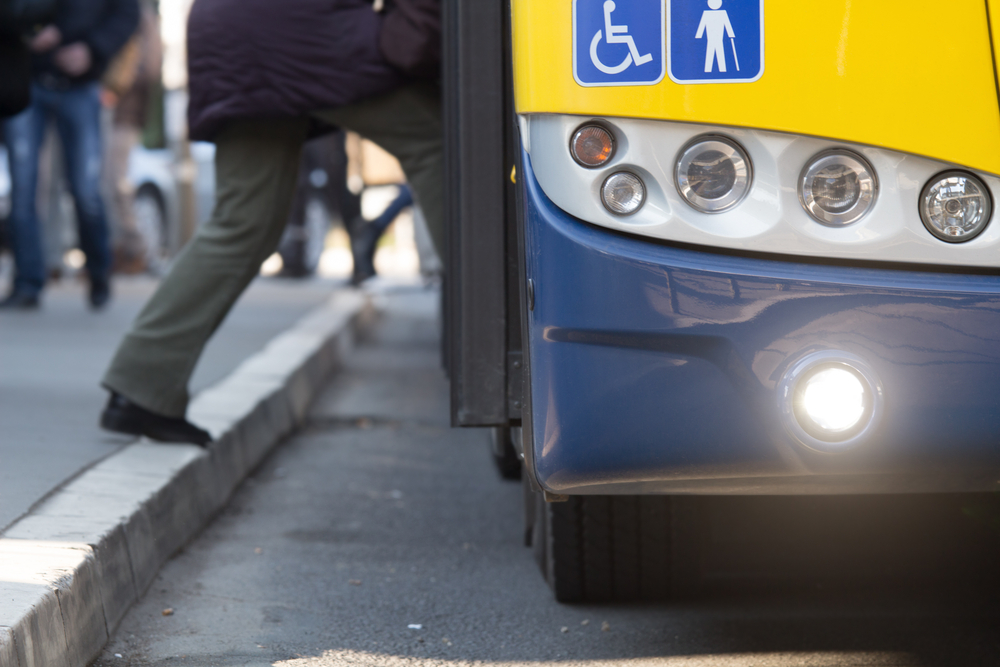
Despite money from the second Coronavirus stimulus act, public transportation needs another influx of cash, officials said on Friday.
In a Congressional briefing, American Public Transportation Association President and CEO Paul P, Skoutelas said the public transportation industry is an essential element of the American economy. Still, it will need more money from Congress if it is to survive.
“This crisis has demonstrated how essential public transportation is in keeping our society working, and the indispensable role it will play in America’s social and economic recovery,” Skoutelas said. “Recovering from COVID-19 and ‘building back better’ will be a collective effort. As essential as the CARES Act was to backstop our transit agencies and passenger rail authorities in the immediate aftermath of the COVID-19 closures, the need for additional Emergency Response and Recovery funding is clear—without additional support, some transit agencies could begin to run out of money by late summer.”
Speaking to U.S. Rep. Peter DeFazio, chairman of the House Committee on Transportation and Infrastructure, Skoutelas said APTA members were using the $25 billion they received from the Coronavirus Aid, Relief and Economic Security (CARES) Act to maintain their workforce and avoid layoffs.
However, he said, that funding would not help with the massive losses the industry has seen due to the fall off of travel, as well as the reduction in state and local taxes. Currently, the APTA is working to determine the national need for public transportation funding in the future, he said.
Skoutelas also asked the Committee to move forward to pass the Surface Transportation Authorization bill to ensure that long-term authorization of public transit project construction. Providing that funding would be a step toward restoring the nation’s economy, the organization said.
“Public transportation is always an essential service, but during a global health crisis, it’s particularly important to make sure doctors, nurses and other essential employees can get to work. In addition, many people need public transportation to get to the pharmacy, a doctor’s office, the grocery store, and expect to be able to do so safely and efficiently,” DeFazio said. “I am extremely grateful to all transit workers, and I’m glad to report the Committee was able to secure significant funding to help public transit agencies prevent, prepare for, and respond to the spread of COVID-19 during the recently-implemented CARES legislation… It’s clear we must all continue to work together and be diligent in our fight against COVID-19 and to ensure the long-term success of public transit.”